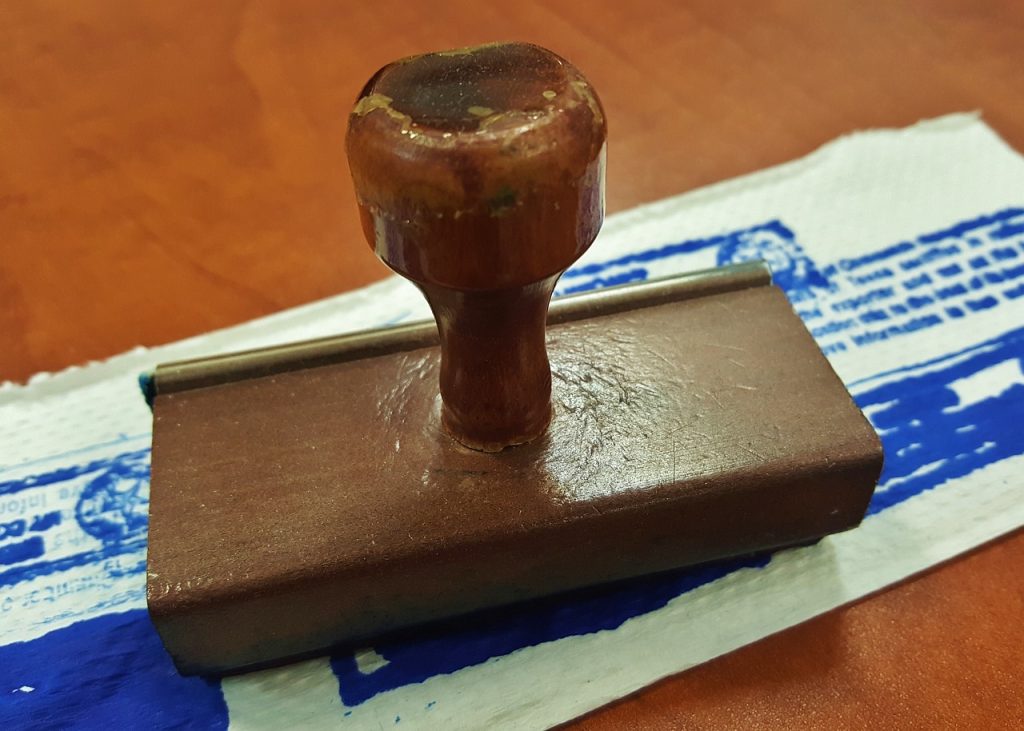
Notary publics are vital to the legal and business world, acting as impartial witnesses to the signing of important documents and ensuring their validity. Their role involves verifying identities, witnessing signatures, and certifying documents, which helps prevent fraud and establishes trust in legal processes. Understanding the functions and significance of notary publics is crucial for anyone involved in legal or financial transactions.
Key Responsibilities of Notary Publics
Notary publics are appointed by state governments to carry out several essential duties. Their primary responsibility is to verify the identity of individuals signing a document, ensuring that each signatory is who they claim to be. This involves checking identification documents, such as driver’s licenses or passports, and confirming that the signatories understand and willingly consent to the document’s contents. Additionally, notary publics administer oaths and affirmations when necessary. Once these verifications are completed, they affix their official seal or stamp to the document, certifying its authenticity. This certification process is crucial for documents like real estate deeds, legal contracts, affidavits, and powers of attorney.
The Role of Notary Publics in Preventing Fraud
Notary publics play a crucial role in preventing fraud and ensuring the authenticity of legal documents. By verifying identities and witnessing the signing process, they add a layer of security that helps deter fraudulent activities. This is particularly important in transactions with significant financial or legal consequences, such as property transfers, loan agreements, and estate planning. The notary’s seal serves as a trusted mark of authenticity, providing assurance to all parties involved that the document is legitimate and enforceable. This added security helps to minimize disputes and facilitates smoother legal transactions.
Utilizing Notary Public Services
For those needing notary services, the process typically involves locating a qualified notary public, which can be done through online directories, local government offices, or referrals. Once a suitable notary is found, an appointment should be scheduled, and the necessary documents and identification should be prepared. During the appointment, the notary public will review the documents, verify the identities of the signatories, and witness the signing process. After the signing is complete, the notary will affix their seal or stamp to the document, officially certifying it. The notarized document, along with any required notarial certificates, then serves as legal proof of its authenticity and proper execution.
Conclusion
Notary publics are indispensable in ensuring the integrity and trustworthiness of legal documents. Their duties, which include verifying identities, witnessing signatures, and certifying documents, are essential in preventing fraud and maintaining the validity of important transactions. For individuals and businesses, understanding the role of notary publics and how to effectively utilize their services is crucial for safeguarding the legality and reliability of significant documents. As custodians of legal authenticity, notary publics uphold the standards of the legal system and contribute significantly to the security and fairness of legal and financial transactions.
